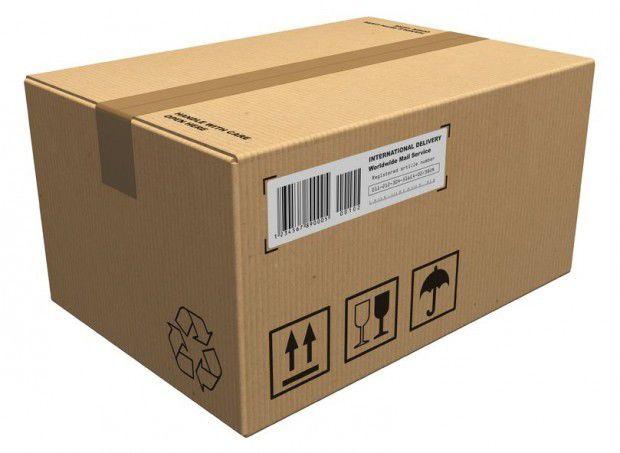
Breaking up can be hard to do if the other party doesn’t want to let you go. People who move out of high-tax states may learn this the hard way — through a residency audit.
States such as New York, California and Illinois use the audits to claim that your recent interstate move was just a tax dodge and that you still owe their state income taxes. Proving you’ve actually moved and plan to make the new place your permanent home — yes, the burden of proof is on you in a residency audit — often requires far more than flashing your new driver’s license.
Who is most at risk
Technically, anyone who moves out of a high-tax state could face scrutiny, but tax experts say the residency audit risk increases if:
• You moved to a state with a much lower tax burden.
• You still have a home or business ties in the old state.
• You moved just before selling a business, a bunch of stock or some other valuable asset.
• You’re in a high tax bracket.
Wealthy people who move away from high-tax states are virtually certain to face a residency audit, says tax attorney Mark Klein, a partner at Hodgson Russ in New York. The stakes can be substantial: New York collected about $1 billion from residency audits from 2013 to 2017, according to Monaeo, a company that sells a location-tracking app for proving tax residency. More than half of the 3,000 or so people audited each year lose their cases, and the average amount collected per audit was $144,270, Monaeo calculated.Advertisement
Residency audits
Many people mistakenly believe they need only spend 183 days of each year outside their former state to win a residency audit, Klein says. But if you spend more days in the high-tax state than you do elsewhere, you could still be considered a resident. That can be a particular problem for the “migratory rich” who own homes in multiple states, or even for more ordinary people who travel a lot.
Klein advises his clients to spend at least twice as much time in their new home state as in their old
one.
Auditors look at a wide range of factors for evidence of where your true home lies. Are you still seeing doctors and dentists in your old location? Does your family celebrate holidays there? Where do you keep your most treasured items — your photo albums, family heirlooms, pets?
Create a paper trail
Creating a substantial paper trail can be key to winning your case. Register to vote and get a driver’s license in your new state, but don’t stop there. You also should change vehicle registrations, update the address where you receive bank statements, bills and other mail and revise your estate-planning documents to reflect the laws of your new state.
People under residency audits typically need to prove where they were each day of the year in question, Klein says. Cellphone records — which can show where you were with each text or call — can be used by taxpayers to prove their case but also can be subpoenaed by the tax agency. Other potentially rich (and subpoenable) data sources include travel records, credit card receipts and toll collection devices, such as E-Z Pass.





























